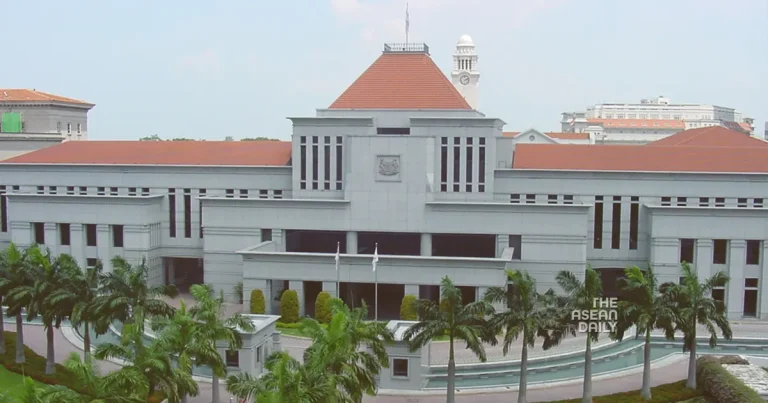8-6-2024 (SINGAPORE) In the halls of power across the city-state, a whispered mantra reverberates: “Singapore’s future lies in the quality of its leadership.” This maxim, espoused by the nation’s founding father Lee Kuan Yew, has become a guiding principle for the ruling People’s Action Party (PAP) as it navigates the challenges of leadership renewal and succession planning.
While no formal job advertisement may exist, the PAP’s pursuit of top talent to steer the nation’s course is akin to a discreet, high-stakes headhunt. The prerequisites are daunting: successful individuals at the pinnacle of their careers, unwavering commitment to Singapore’s well-being, strategic acumen, and the ability to connect with the electorate across linguistic divides.
Yet, as noble as this endeavor may be, the PAP finds itself grappling with a stark reality – the well of potential candidates is drying up, and the once-reliable mechanisms for leadership renewal are showing signs of strain.
Since the 1970s, when Lee Kuan Yew formalized the approach, every government minister and prime minister has been the product of this meticulous search process. “If at the core center quality goes down, then in all the subsidiary organization quality will also go down,” Lee warned in his book “Hard Truths To Keep Singapore Going,” underscoring the existential necessity of sustained leadership excellence.
However, as Singapore’s circumstances have evolved, the questions mount: Is such a top-down approach still necessary? Can the nation strike a balance between centralized stewardship and greater citizen empowerment? And, perhaps most crucially, how can the PAP reignite the passion for public service among the nation’s brightest minds?
The recent leadership transition hiccup, which saw Deputy Prime Minister Heng Swee Keat step aside paving the way for Lawrence Wong’s ascension, serves as a stark reminder that the old methods are no longer yielding the desired results. Too few individuals are heeding the call to enter the political arena, lured instead by the comforts and rewards of private sector success.
“Why enter the fray when there seems no pressing need to do so?” posits one seasoned political observer, capturing the prevailing sentiment among Singapore’s elite. The allure of a life in politics – with its inherent uncertainties, loss of privacy, and the toxicity of social media discourse – pales in comparison to the well-trodden corporate ladder.
This reluctance is compounded by the PAP’s self-imposed target of recruiting at least three potential ministerial candidates in every general election cycle. A target that has proven elusive in recent years, with only three such candidates emerging from the 2015 and 2020 elections combined.
The implications of this trend are profound, threatening to undermine the very foundations of the PAP’s leadership renewal strategy and, by extension, the quality of governance that Singapore has come to expect.
Moreover, the dwindling pool of private sector candidates exacerbates another troubling phenomenon – the lack of diversity within the Cabinet ranks. As the public service becomes the primary reservoir for ministerial talent, the breadth of perspectives and experiences represented at the highest echelons of power is increasingly homogeneous.
Efforts to enhance the financial incentives for political service, such as the controversial ministerial pay formula introduced in 1994, have yielded limited success. While the formula was revised in 2012 to address public backlash, the fundamental challenge remains: how can the PAP craft a narrative compelling enough to inspire Singapore’s highest achievers to forsake their personal ambitions for the greater good?
The old rallying cry of Singapore’s vulnerability, which once galvanized a generation to public service, rings hollow in the face of the nation’s present-day affluence and global standing. A new, equally potent idea must emerge – one that speaks to the aspirations and values of the modern Singaporean, offering a vision of nationhood so irresistible that the sacrifices of political life pale in comparison.
This challenge extends beyond the ruling party’s ranks, encompassing the opposition as well. For those seeking to provide a credible alternative voice, the odds are even more daunting – the uncertainties more forbidding, and the consequences of failure more severe.




